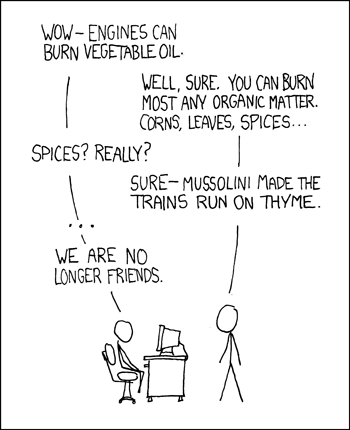Hello from involver – newsletter number 7
Welcome to all our new friends and we hope all our old ones are keeping well.
Resource: 5 Tutor time activities to prepare for an election
This is a series of short activities to help get the whole school up to speed for an election. They’ll introduce key concepts about what democracy is, what the school council is for and why people should stand. As well as clear instructions, there are PowerPoints and handouts to enable every form tutor in the school to run them. Have a look:
http://involver.org.uk/2011/03/school-council-election-tutor-form-time-activities/
Campaign: Keep Citizenship strong
As I’m sure you’re aware there’s a curriculum review going on. This means both that there’s a threat to Citizenship in the secondary curriculum and an opportunity to strengthen it in the primary curriculum. We need you to add your voice, sign up to www.democraticlife.org.uk, but most importantly respond to the review formally. There is some advice here:
http://www.democraticlife.org.uk/curriculum-review/
Articles: The life of a gap-year student voice assistant
Over the last few months we’ve been lucky to have Little Heath School’s student voice assistant, Alison, writing a regular blog for us. Her latest post is on how to get more people involved in your student voice, really worth a read:
http://involver.org.uk/2011/02/how-can-you-encourage-more-people-to-get-involved-in-your-student-voice/
Training: Free teacher training from Amnesty
If you’re interested in finding out about what an Amnesty Youth Group could do for your school, there’s training in Manchester on the 21st of May.
www.amnesty.org.uk/teachertraining
Research: Student voice good practice
We’ve been commissioned by the Office of the Children’s Commissioner (they know about commissioning) to collect good practice on student voice from across England. It’s great fun, but we’re having to work our socks off to get it done within the timeframe. We’ve been seeing some amazing things so far, and we’re sure there’s more to come. If you follow us on Twitter we’ll keep you informed of the best little things we see:
http://twitter.com/doingdemocracy
Resource: Coming up with ideas (for the Speaker’s School Council Award)
The Speaker’s School Council Award is a great scheme to celebrate what you’ve been doing with your school council. If you’re not quite sure what project you should enter, we’re creating a series of resources for Parliament to help you create a project, carry it out, keep people informed and evaluate it. The first one is here:
http://speakersschoolcouncil.org/resources
Thanks for reading!
Greg and Asher



